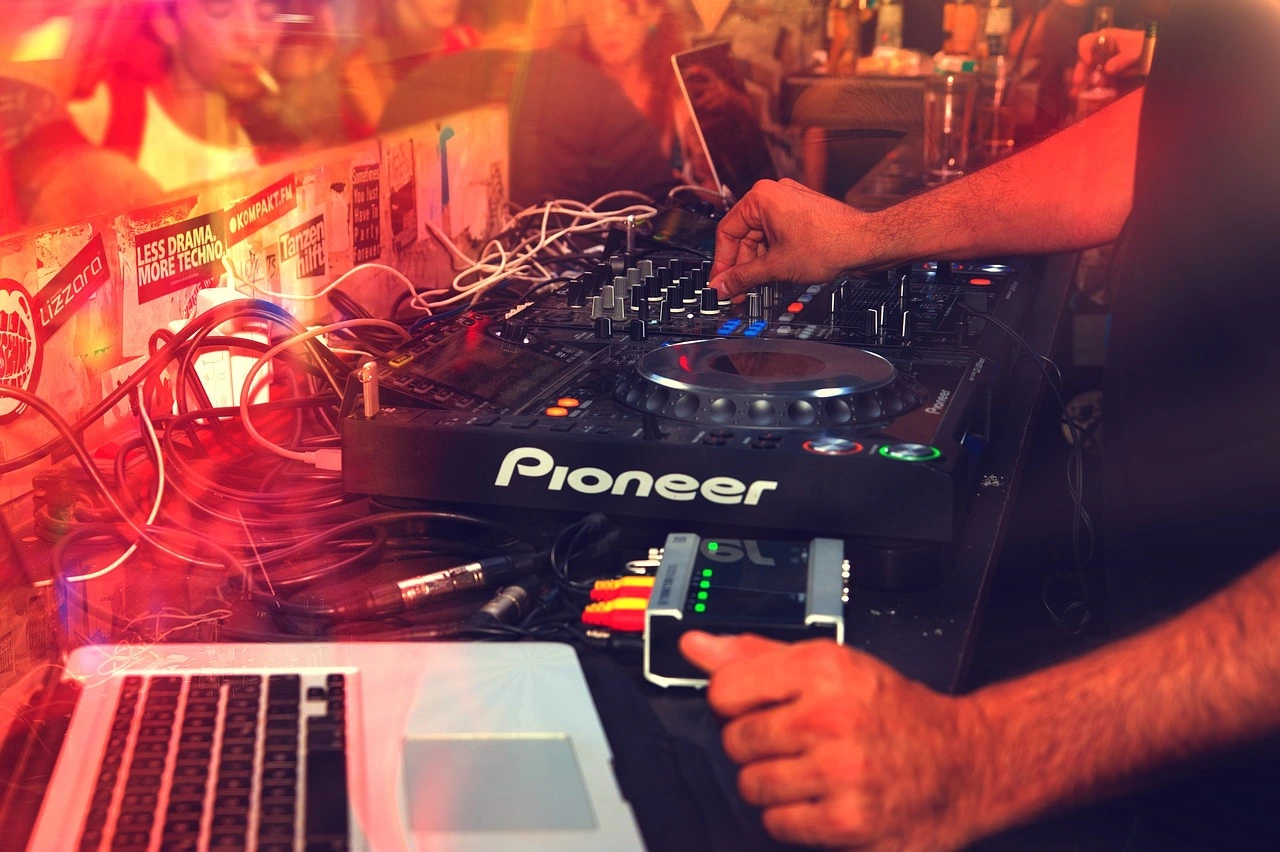Are you a budding DJ enthusiast looking to embark on a journey into the world of mixing beats and creating electrifying music experiences? Well, you’ve come to the right place! In this comprehensive guide, we’ll walk you through the key factors to consider when selecting the perfect DJ mixer for beginners. From understanding the essential features to making an informed decision, we’ve got you covered. Let’s dive right in!
Table of Contents
Introduction to DJ Mixers
A DJ mixer is the heart and soul of every DJ setup. It’s the tool that allows you to blend different tracks seamlessly, control audio levels, and add your creative touch to the music. For beginners, choosing the right DJ mixer might seem like a daunting task, but with a little guidance, you’ll be well on your way to making sound decisions.
The Importance of a Quality DJ Mixer
Investing in a quality DJ mixer is essential for several reasons. A reliable mixer ensures smooth transitions between tracks, prevents audio distortion, and enhances your overall performance. It’s your instrument of expression, allowing you to shape the music as you envision it.
Types of DJ Mixers
When it comes to DJ mixers, there are two main types: analog and digital.
Analog DJ Mixers
Analog mixers are known for their warm and classic sound. They manipulate audio signals using analog circuitry, providing a unique and rich sonic character. However, they might lack some of the advanced features of digital mixers.
Digital DJ Mixers
Digital mixers offer a wide array of features and effects. They allow for precise control and customization of audio, making them suitable for DJs who want to explore various genres and effects. They often come with built-in sound cards and USB connectivity.
Key Features to Look For
Choosing the right DJ mixer involves considering several key features:
Number of Channels
The number of channels determines how many audio sources you can connect. For beginners, a mixer with 2 to 4 channels is sufficient.
Sound Effects and Filters
Built-in effects and filters let you add creativity to your mixes. Look for mixers with effects like reverb, delay, and EQ adjustments.
Connectivity Options
Ensure your mixer has the necessary inputs and outputs. USB ports, XLR inputs, and headphone jacks are crucial for seamless connectivity.
Durability and Build
Since you’ll be performing at various venues, a sturdy and well-built mixer is essential. Opt for mixers made from quality materials that can withstand the rigors of travel.
Size and Portability
Consider the size and weight of the mixer. If you’re a mobile DJ, portability is key, so choose a compact and lightweight option.
Budget Considerations
Setting a budget helps narrow down your options. While it’s tempting to go for high-end models, there are plenty of affordable mixers that offer excellent performance for beginners.
Researching and Comparing Options
Take time to research and compare different models. Read reviews, watch video demonstrations, and understand the pros and cons of each mixer.
Seeking Recommendations
Reach out to experienced DJs for recommendations. They can provide insights into which mixers work best for beginners based on their personal experiences.
Making Your Purchase
Once you’ve gathered enough information, it’s time to make your purchase. Choose a reputable retailer or online store that offers warranties and return options.
Setting Up Your DJ Mixer
After getting your hands on the mixer, it’s crucial to set it up correctly. Read the manual, connect all cables properly, and ensure everything is functioning before your performance.
Essential Tips for Beginner DJs
Here are some tips to keep in mind as you embark on your DJ journey:
- Start Simple: Begin with basic mixing techniques and gradually explore more advanced methods.
- Practice Mixing Techniques: Regular practice hones your skills and helps you develop a unique mixing style.
- Experiment with Effects: Don’t hesitate to experiment with effects, but use them judiciously to enhance the music.
- Build Your Music Library: A diverse collection of tracks gives you more flexibility in your sets.
Troubleshooting Common Issues
Experiencing technical glitches is normal. Familiarize yourself with common issues like signal interference, feedback, and software crashes, and learn how to troubleshoot them.
Conclusion
Selecting the right DJ mixer for beginners is an exciting step toward unleashing your creativity as a DJ. By considering factors like the type of mixer, key features, budget, and seeking recommendations, you’ll be well-equipped to make an informed decision. Remember, practice makes perfect, so keep honing your skills, experimenting, and creating memorable musical experiences!
Frequently Asked Questions (FAQs)
- Q: Can I start with a digital DJ mixer as a beginner?
- A: Absolutely! Digital mixers offer user-friendly interfaces and a wide range of features that can enhance your learning experience.
- Q: What’s the difference between a DJ controller and a DJ mixer?
- A: A DJ controller combines a mixer and jog wheels into a single unit, while a DJ mixer focuses solely on blending audio sources.
- Q: Do I need an expensive mixer to produce high-quality mixes?
- A: Not necessarily. While premium mixers offer more features, many affordable options deliver excellent sound quality for beginners.
- Q: How can I connect my DJ mixer to external speakers?
- A: Most mixers offer various output options, including RCA, XLR, and TRS. Choose the one that matches your speaker’s input.
- Q: Can I use a DJ mixer for live performances outside of DJing?
- A: Yes, DJ mixers can also be used for small live performances, presentations, and public speaking events.

